Bird Meanings Differences in Chinese and Western Culture
Since human beings appeared on the earth, birds have established a close bond with us. They have a pair of beautiful wings that support them to fly freely in the sky. Besides, the wings also make them the messengers of information in human society. Numerous people regard raising or feeding birds with bird feeders as the joy of life now. Different birds have different meanings in every culture around the world. Today Kingsyard would like to share bird cultures–the different significance of the following birds in Chinese and Western cultures.
● Feng Huang(凤凰)
When it comes to Chinese Bird Culture, I believe the first one that comes to your mind must be Feng Huang, which is called “Phoenix” in Western Culture. Phoenix is derived from Greek and it represents “Rebirth” and “Resurrection”. Sometimes people called Phoenix “Longevity Bird”, so you can often see it on Sarcophagi. What’s more, it also represents a wonderful and faithful love, John Dunn once wrote this in his poem.
In Chinese Culture, Feng Huang is considered “the king of birds”. They wear colorful and beautiful feathers which make them look pretty amazing. The “Feng(凤)” is the male and “Huang(凰)” is the female. Its pattern is often used on the utensils and clothing decoration of ancient emperors, they are usually combined with the Dragon, representing beauty, benevolence and authority, and dignity respectively. In the folk, the phoenix is also a symbol of peace, auspiciousness, happiness, and joy.
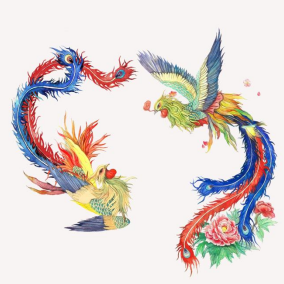
Image Source Network
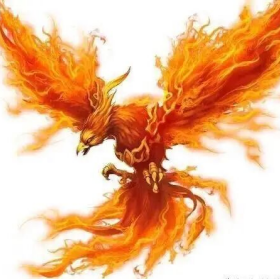
Image Source Network
● Magpie(喜鹊)
“Magpies that chatted, no omen so black”, in Western culture, the Magpies are regarded as “person who chatters a lot”, it always the symbol of bad luck, and most people don’t like them. Generally speaking, this bird is regarded as a bad omen.
On the contrary, In China, when it comes to “Magpie”, people always remind of “Cowherd and Weaver Girl”, you must have heard about the fairy tale! On the 7th day of the 7th lunar month every year, the warm-hearted magpies will build a “Magpie Bridge” for the two people who loved each other deeply to meet. Magpies are the symbol of Joy and people believe that “when magpies sing, luckiness comes”.
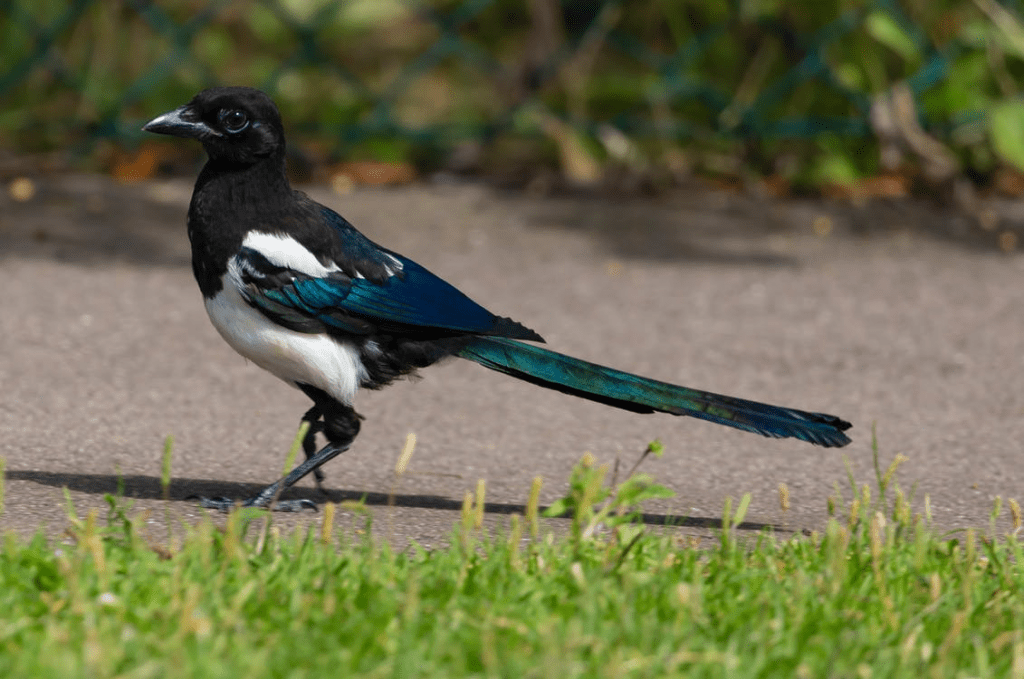
● Owls(猫头鹰)
Owls are also known as “night owls” in China. In ancient times, they were called “birds of evil voices” because of their shrill calls at night. Their calls were once classified as one of the four unpleasant sounds, so they were very unpopular. Usually, owls carry a bad symbolism and are often associated with bad luck and bad omen. There are sayings such as “If a night owl comes into the house, he will come to everything.”
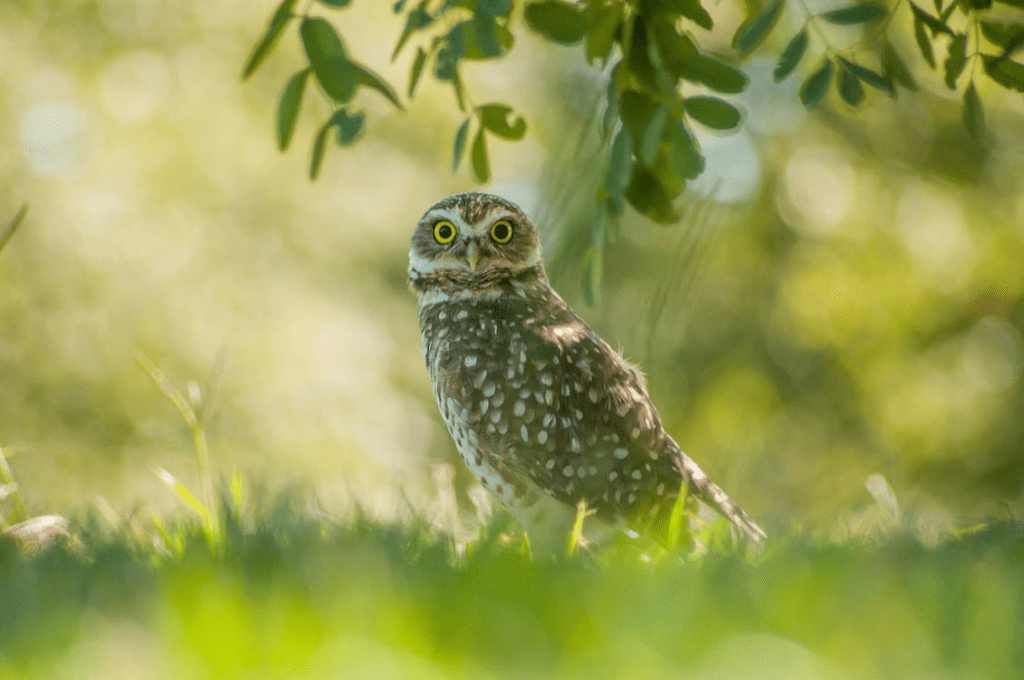
In Western culture, the owl has a completely different symbolic meaning. In Greek mythology, the love bird of Athena, the goddess of wisdom, is an owl. This owl is considered to herald events, so the ancient Greeks regarded the owl as a symbol of Athena and wisdom. Influenced by ancient Greek mythology, owls often appear in fairy tales as wise men in Western culture, and even in J.K. Rowling’s magical novel “Harry Potter”, owls become the most important magician, One of the most popular pets.
● Mandarin Ducks(鸳鸯)
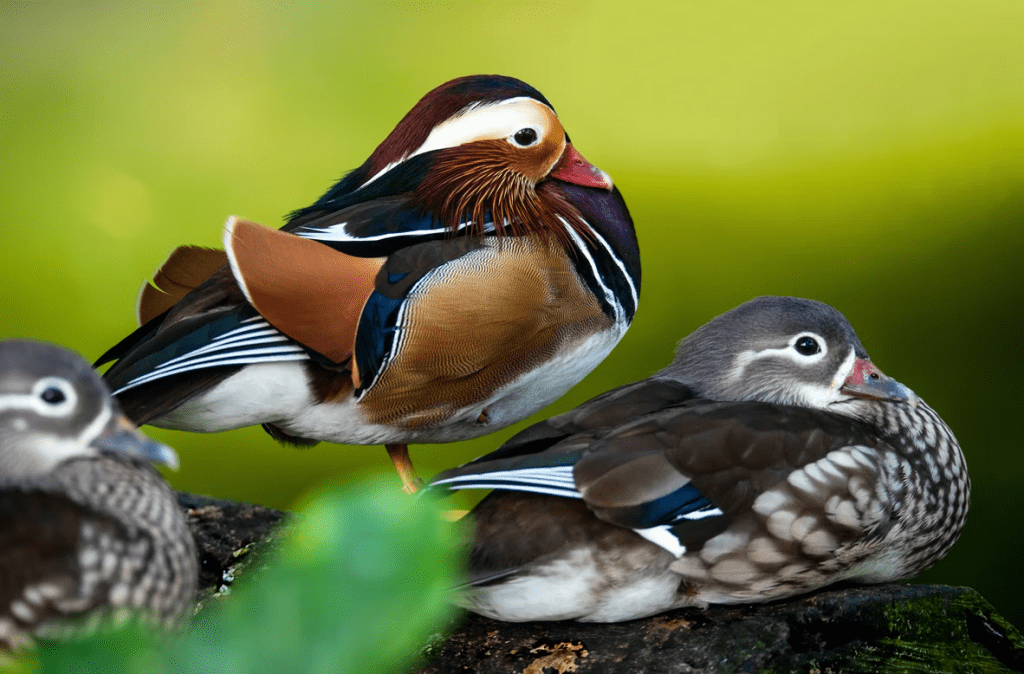
Mandarin ducks are usually colorful, good at swimming, and able to fly. In Chinese folklore, the mandarin duck represents “a loving couple and the eternal love of fidelity”. Because a couple of Mandarin ducks are usually inseparable, the most famous is the poem “Chang’an Ancient Meaning” by the Tang Dynasty poet Lu Zhaolin: “Willing to be a mandarin duck, not envy immortal.”
● Doves(鸽子)
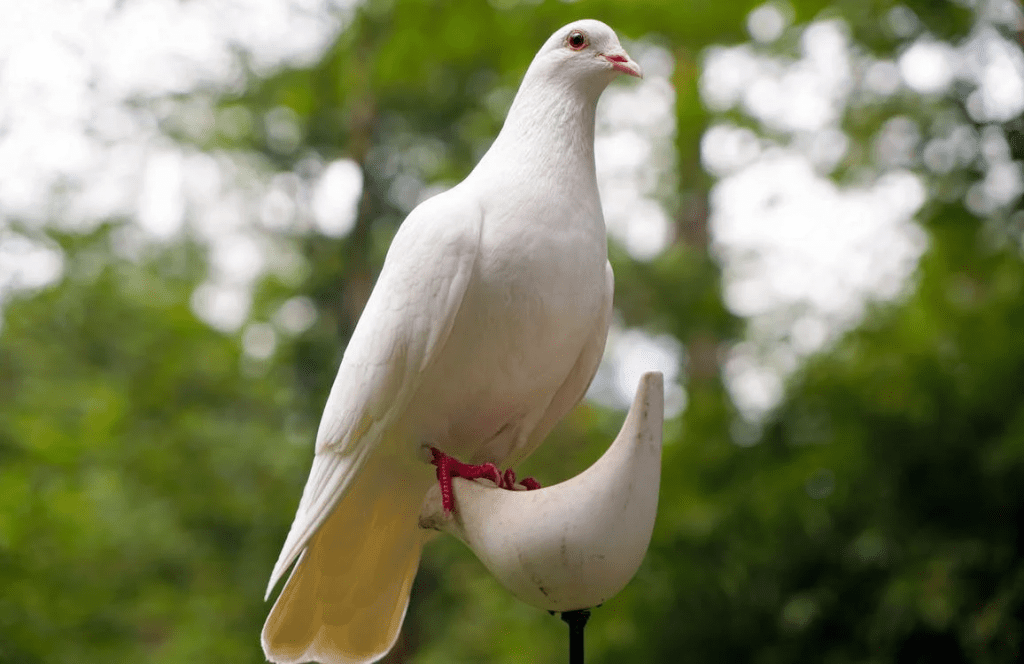
It is well-acknowledged that doves represent peace. In every celebration, we often release some pigeons to express our joy and hope for peace. Doves not only symbolize peace, but are also messengers of love, and are called “love birds” by the world. In ancient China, people contacted friends and families through doves. In addition, the dove is also a symbol of equality, symbolizing the harmony between man and nature, and the equality between man and man. Breeding square pigeons has become fashionable in many cities.
Pigeons with beautiful images and docile temperament are more and more popular with us, feed some birds in our backyard with bird feeders is a perfect way to relax.
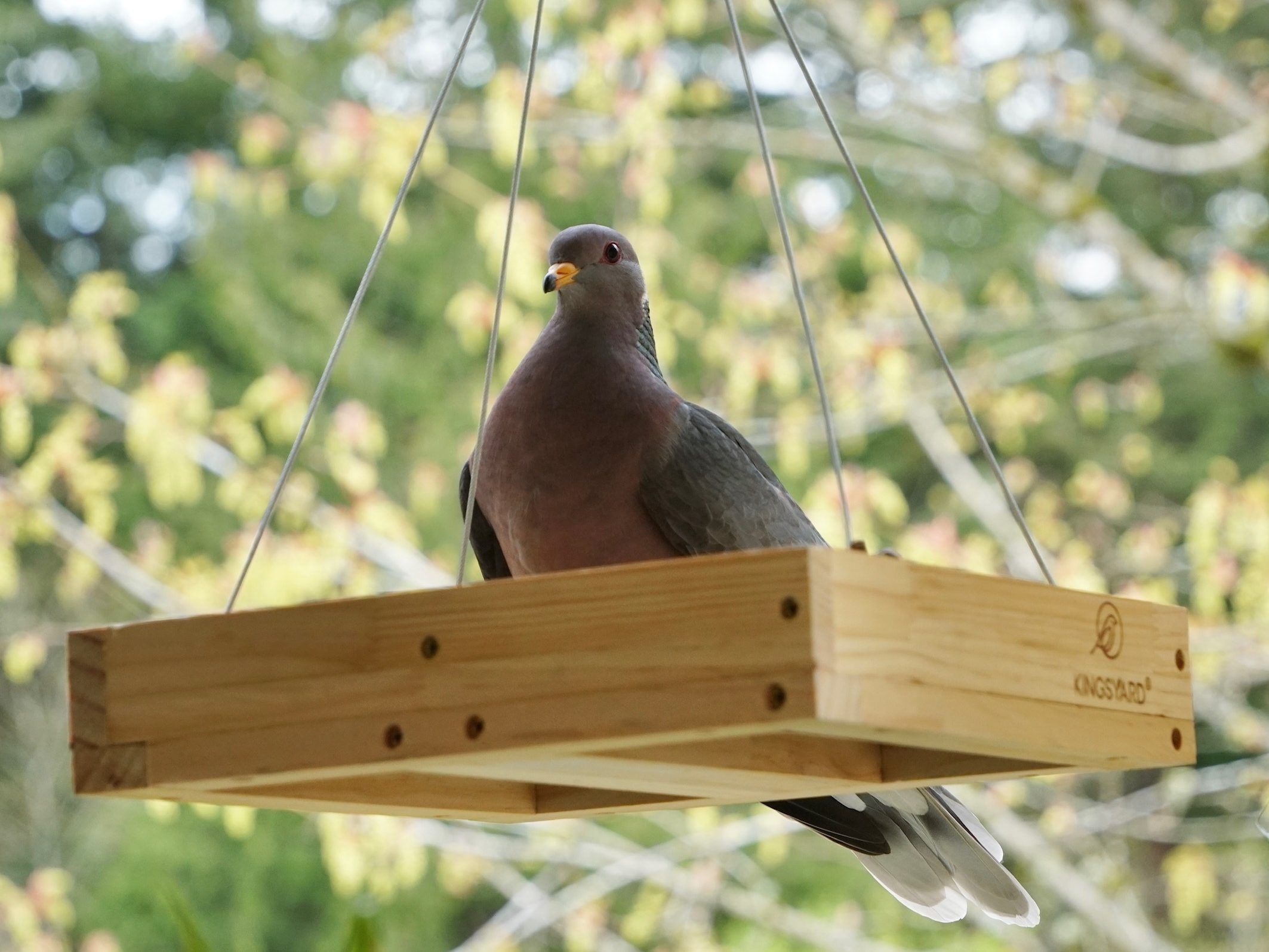
@candaceleephotography
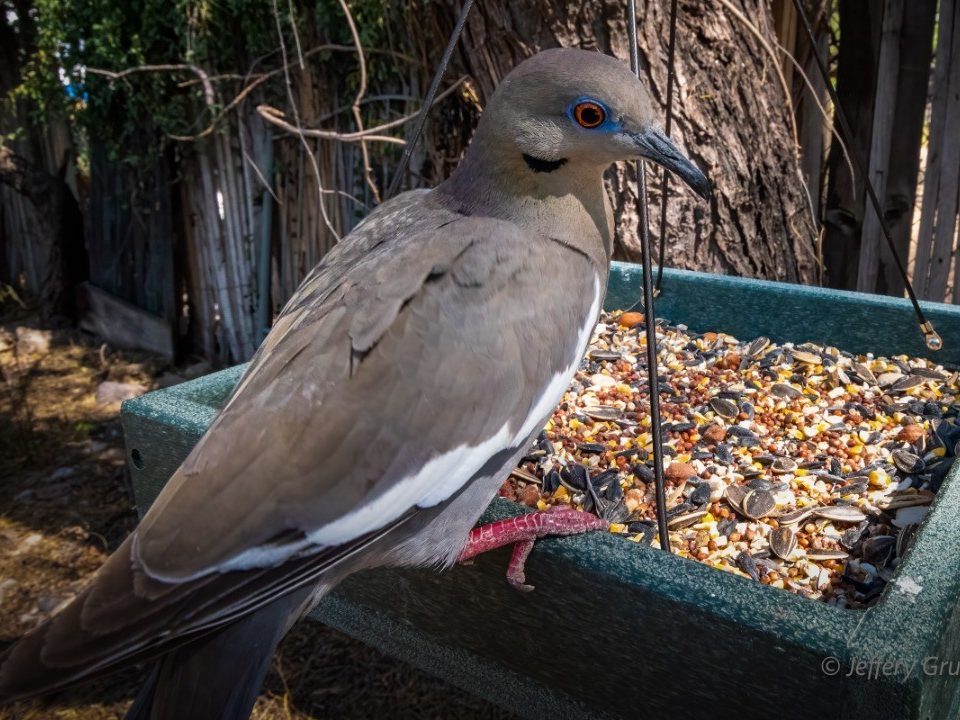
@Jeff Grubbs
● Cranes(鹤)
Cranes have a lofty position in Chinese culture, especially the red-crowned crane, which is a symbol of longevity and auspiciousness. It is often associated with ancient immortals. When people bless the elderly, they usually say “hope you live like a crane”. If a long-lived old man passed away, people usually say that he “goes westward with a crane”. In addition to this, cranes are beautiful in shape and graceful in their walking posture, often reminiscent of “noble qualities” and “great ambitions”.
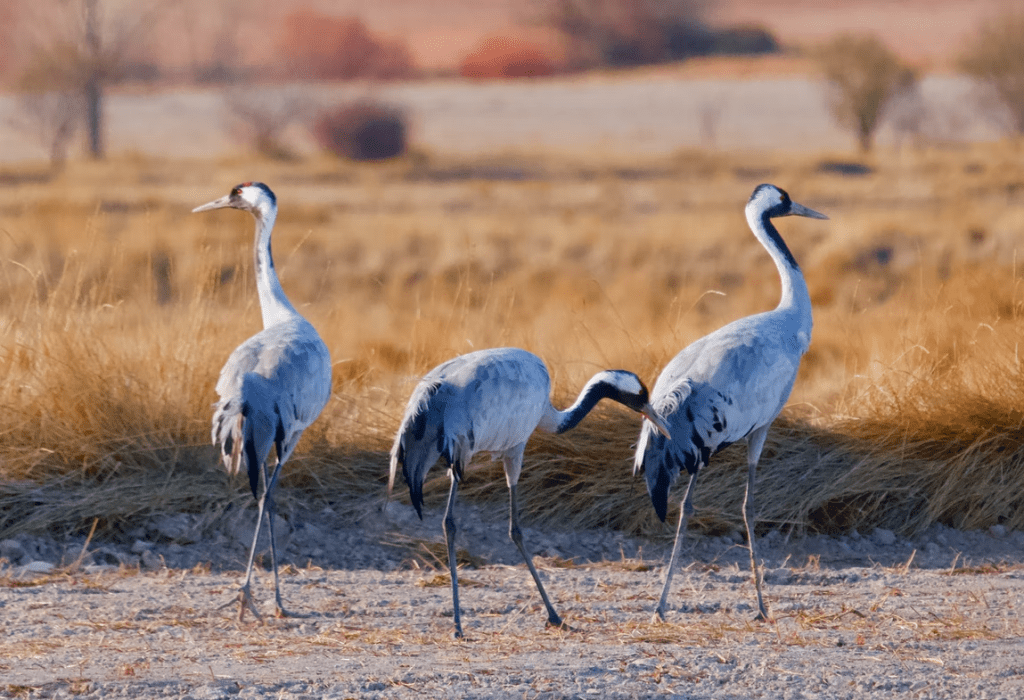
● Crow(乌鸦)
From the Chinese point of view, crows and black cats are often synonymous with death, fear, and bad luck. People believe that the crow’s singing will take our lives and souls away, when crows come, doom comes.

Apart from this, crows are a typical example of filial piety in China. When crows are getting old, their children and grandchildren will not only find food for them but make it delicious, just like the way our parents treated us.
In the UK, crows are considered treasures in the British Royal family, ravens have lived in the London Tower for centuries. Besides, crows are the incarnation of Hugin and Munin in North Europe. Odin, the lord of the gods, can see the whole world with one eye open and the other closed. When the open eye is blocked by the universe, he would let the 2 crows standing on his shoulders to inspect the world
● Bat(蝙蝠)
What little does one think is the bats are the symbol of blessing and goodwill in China! Is that a little bit weird, right? I was shocked as you are when I first found out. Bats in Chinese is “BianFu(蝙蝠)”. The pronunciation of “fu蝠” is the same as “fu福” which means blessing, “BianFu(蝙蝠)” also has the same pronunciation as the words ”BianFu(遍福)” which means that blessing extends endlessly and everywhere. That’s why the ancient Chinese people regard bats as a good thing. During the Ming and Qing Dynasties, people would paint the images of five bats on some artifacts, calligraphy, and buildings, implying the arrival of five blessings.
Nevertheless, in Western culture, bats are hated and feared because of their ugly appearance and habits. They are endowed with the symbolism of evil and darkness.

Conclusion
The difference between Chinese and Western cultures in the symbolic meaning of birds actually reflects the difference between the two cultures, which is influenced by many factors such as history, customs, values, and so on. They convey different cultural information such as history, geography, living habits, aesthetic viewpoints, and psychological characteristics, and have extremely rich cultural connotations.
There are many other examples like this, the peacock is a symbol of joy and auspiciousness in Chinese culture, while in Western culture, it is a symbol of pride and rudeness. In Western culture, dogs are best friends of us, it’s the embodiment of loyalty and justice, such as “lucky dog”, and “big dog”; but in China, dogs are usually associated with some bad words, such as “dog legs” which means lackey or henchman……There are so many of these interesting cultural differences, comment on which one surprises you the most and we’ll keep updating! Maybe you want to know how birds sleep, click here to get more!
Subscribe for more info>>
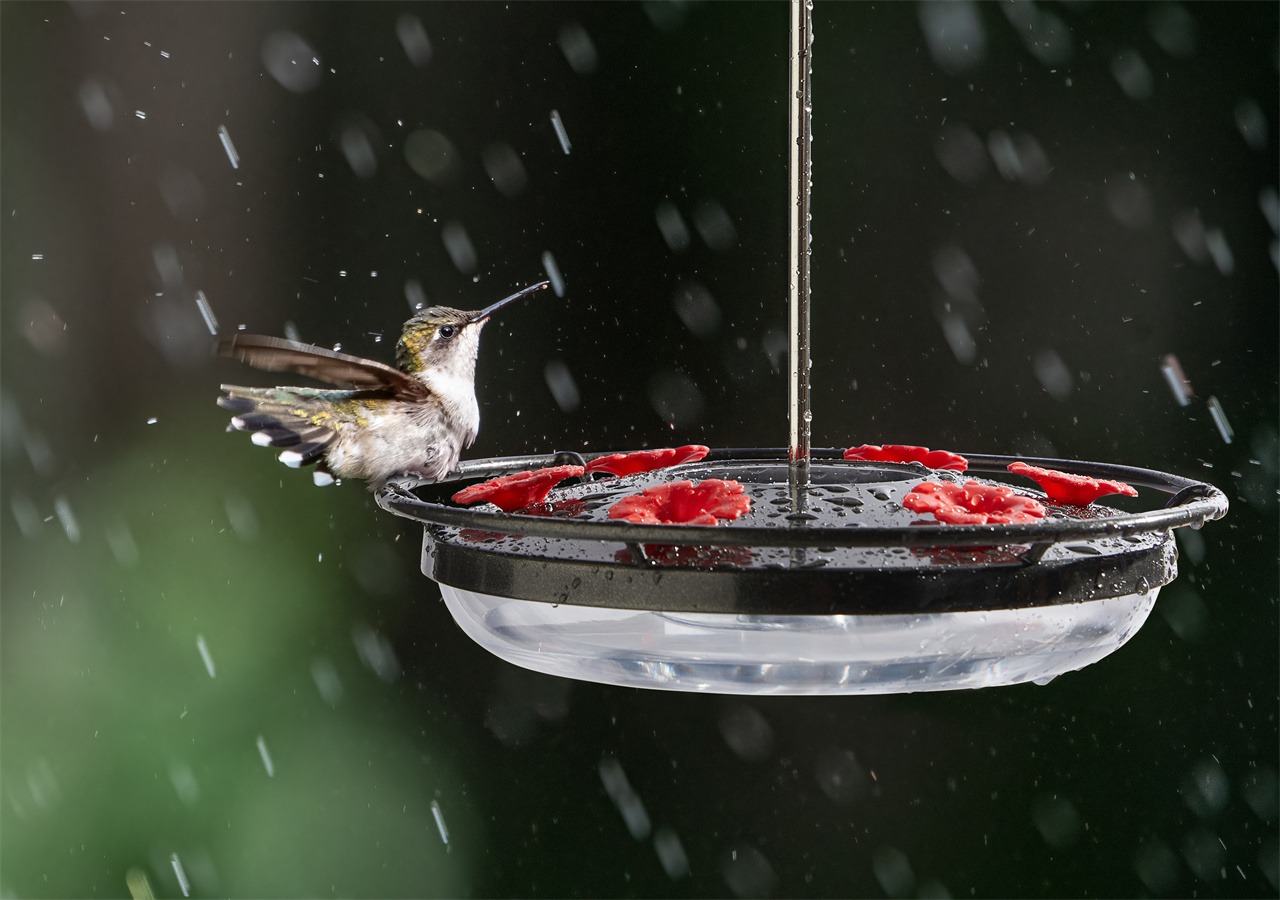
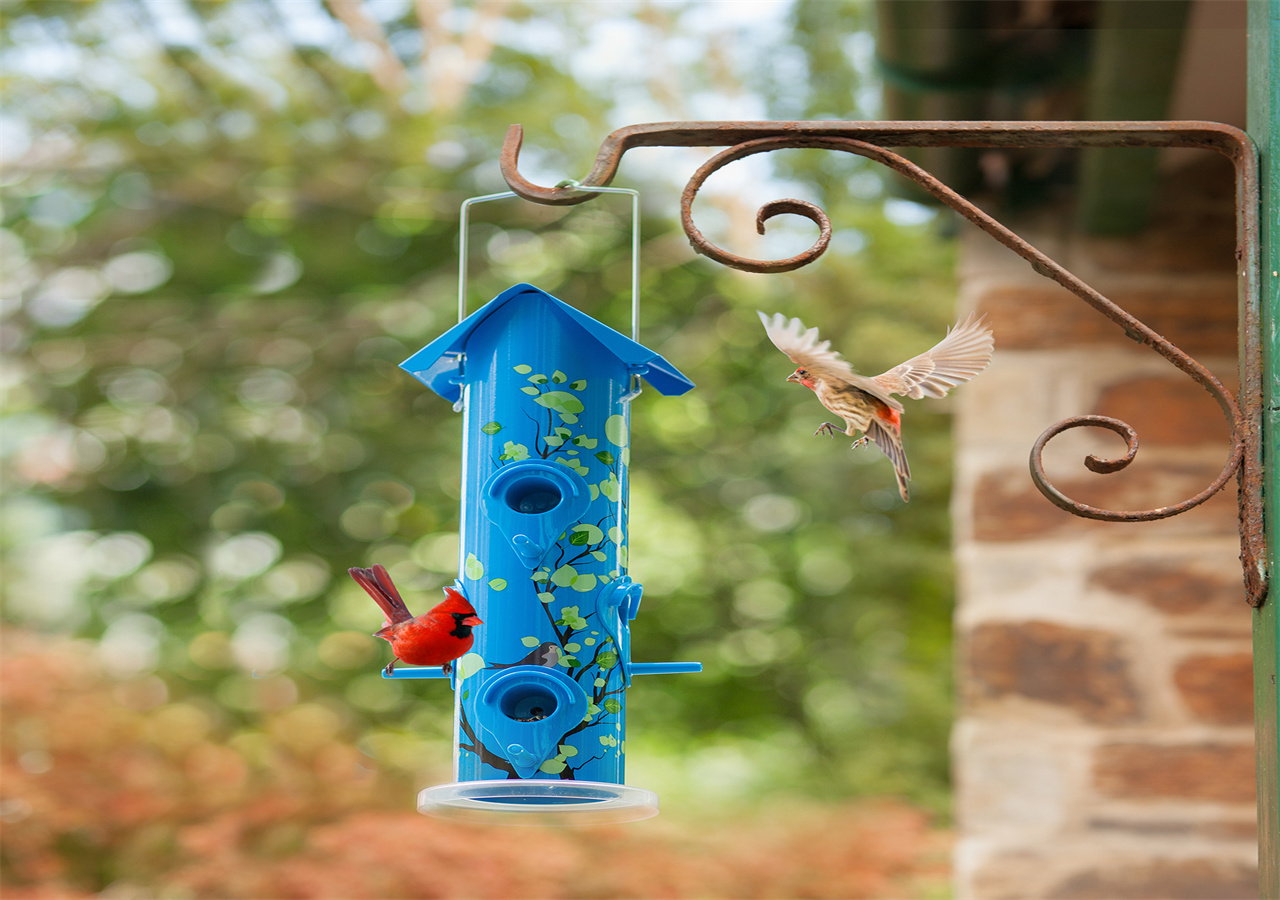
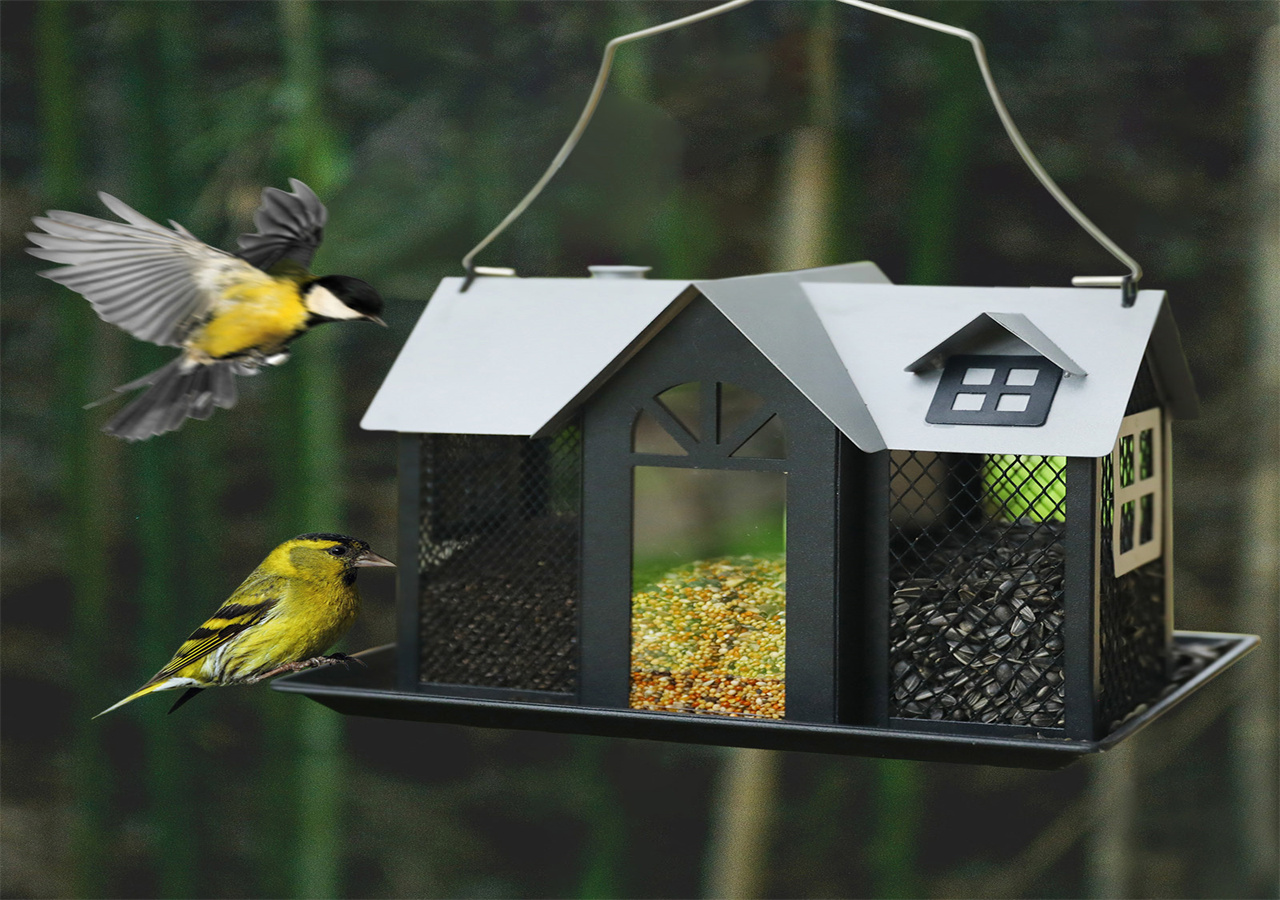
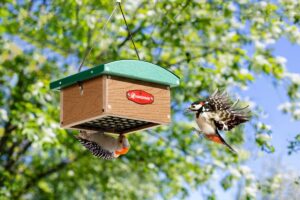
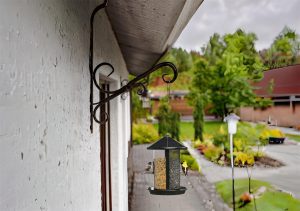
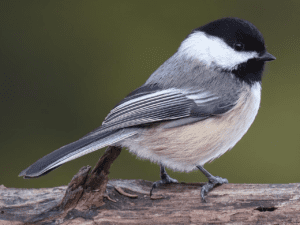

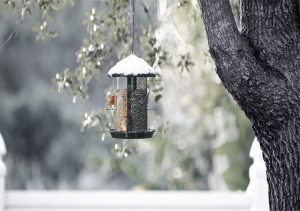
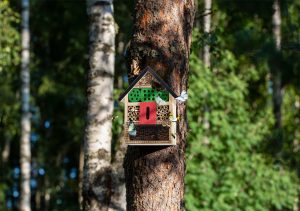

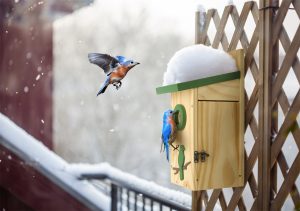
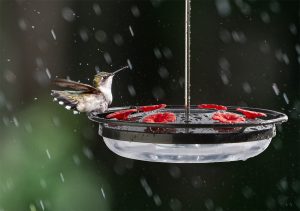
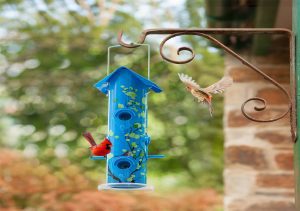
2 comments